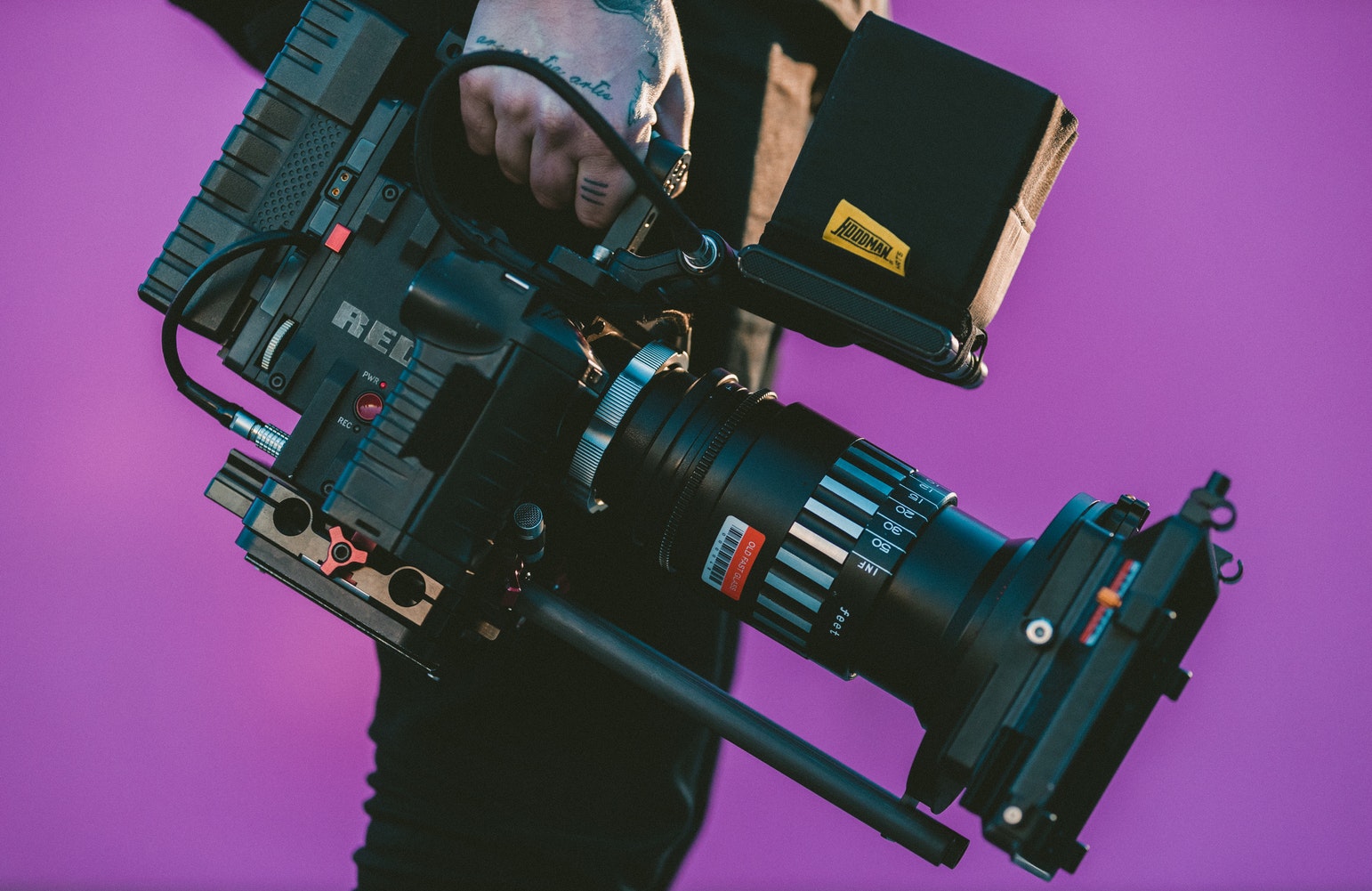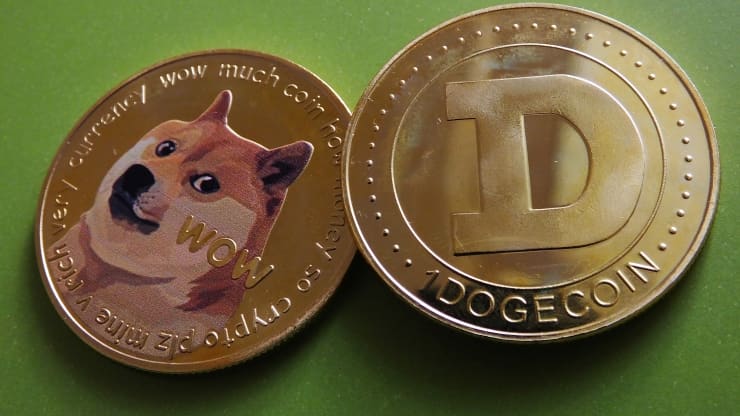YouTube reinvented the way people watch videos. It provided a medium through which creators can post videos and become famous— and the best part about it? There are virtually no barriers to entry. Theoretically, anyone can make it on YouTube; all you have to do is develop the content, and all you need to for that is a phone and an internet connection.
However, theory is different from reality. Though YouTube might have started as a democratic creation platform, over the years, the monetization of videos via ads has produced limitations for certain creators who deal with marginalized topics, such as LGBTQ-related content. Somewhere along the line, the democratic aspect of barrier-free-entry platforms vanished due to monetization requirements and content restrictions.
The only way to recover our freedom of expression on content is to liberate creators with a democratic video-sharing platform. This means putting power and ownership back into the hands of creators instead of advertisers.
There’s a video-sharing platform called Verasity that is doing just that: empowering creators to choose how they would like to be monetized.
Monetizing without ads
Monetization of YouTube channels via advertising has been a point of contention for both creators and viewers for a long time. Creators complain about restrictions for access to funding, while over 25% of viewers use ad blockers as a way of circumventing ads on video-sharing platforms. This illustrates that monetizing channels with ads is no longer the best option for creators or for viewers.
Creators will once again feel empowered by their content as they will be the ones to decide how to best monetize their channels. Rather than providing ads as a single form of revenue, creators using Verasity’s platform will be able to choose between different models of monetization including by donation, pay-per-view, and subscription.
Although this platform will still offer ads as a method of monetization, viewers can choose whether or not they want to watch the ads. Those who decide to watch ads will be rewarded with VERA tokens by the advertisers, which can, in turn, be given to creators as funding.
Have a look at their VeraPlayer already distributing VERA cryptocurrency to those who register here: https://verasity.io/?veraplayer
This freedom of monetization means that creators will no longer be limited by restrictions on views per year or minimum numbers of subscribers. For example, a channel with a small but dedicated following will be able to monetize their content successfully. Without restrictions, Verasity aims to liberate creators so that they can produce content without dictating how they can monetize.
An equal opportunity to monetize content
At the base of a democratic online video platform is the idea that all legal content should have an equal shot at success which doesn’t exist in the current system.. Platforms such as YouTube use algorithms to flag content which is deemed ‘unsuitable for ads,’ therefore hindering the potential for success of certain creators based on their content. More than this, algorithms don’t always get it right: they often flag harmless content.By restructuring the monetization schemes of their online-video platform, Verasity aims to eliminate these barriers in order to empower creators. Rather than having advertisers decide which content should succeed, Verasity is giving that power to viewers and to creators. On Verasity, creators will succeed if they have a dedicated fan-base that finances their channel regardless of content.
Democratic creation as the ethos of online video-sharing
The only way to have a truly democratic online-video platform is by providing creators alternative ways to monetize their content rather than through advertising. From that moment on, it’s a domino effect:; creators will be able to decide how to best fund their channels and will not be forced into a box by content restrictions. The basis of video sharing should be freedom of creation, and Verasity wants to bring that idea back to center stage by allowing viewers to decide which creators should succeed.
If you’re interested in learning more about how Verasity is bringing back democratic creation to online video platforms, check out their whitepaper.











